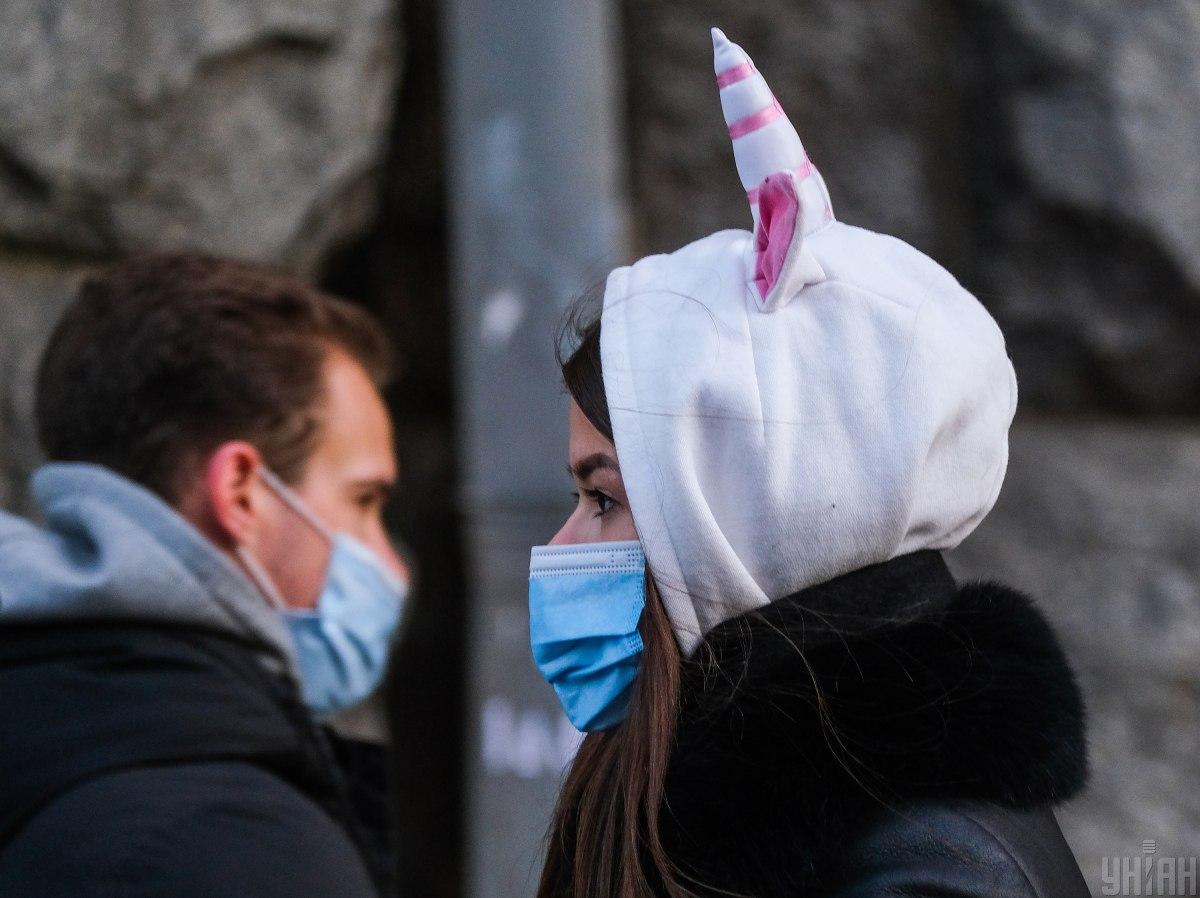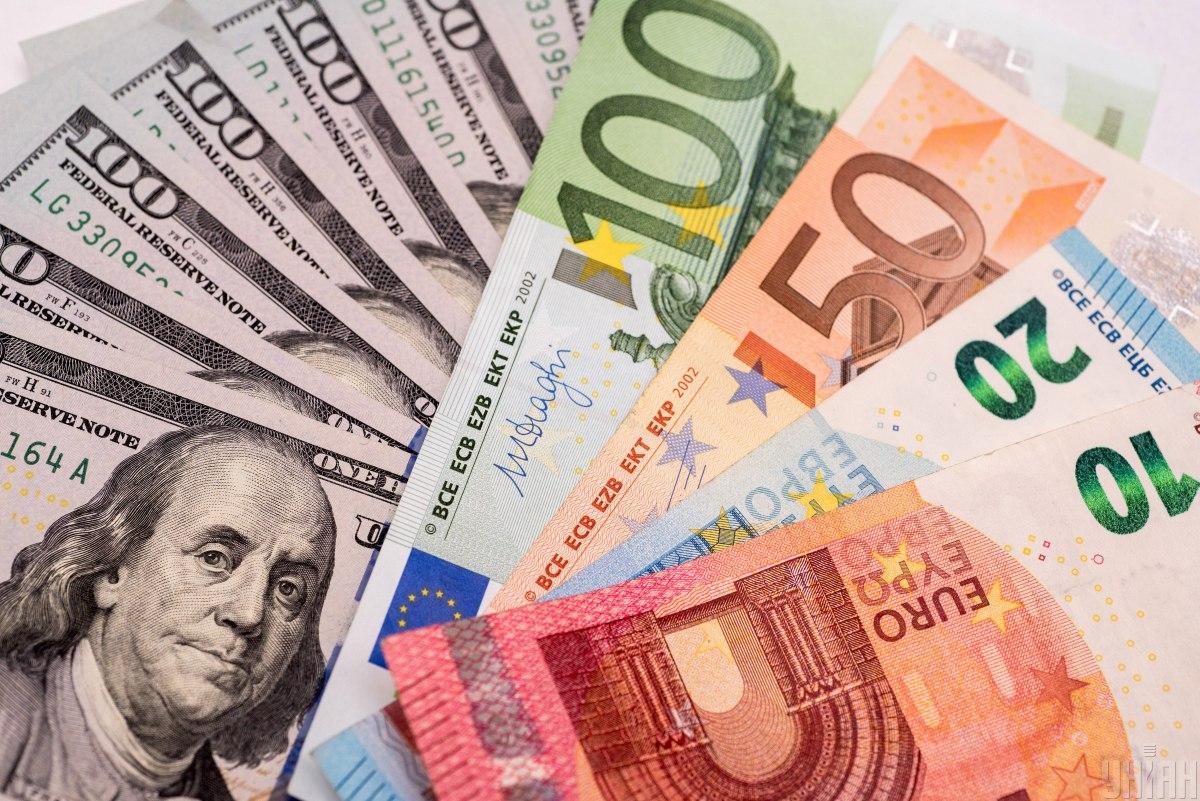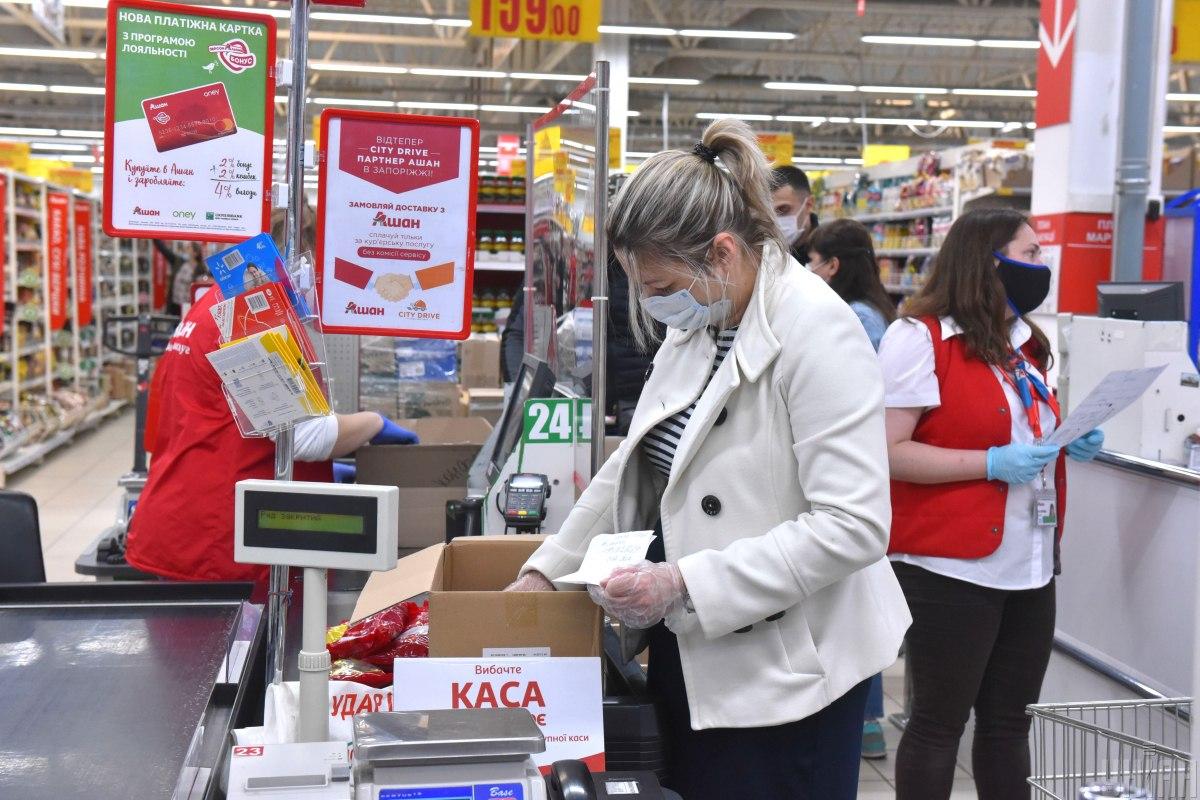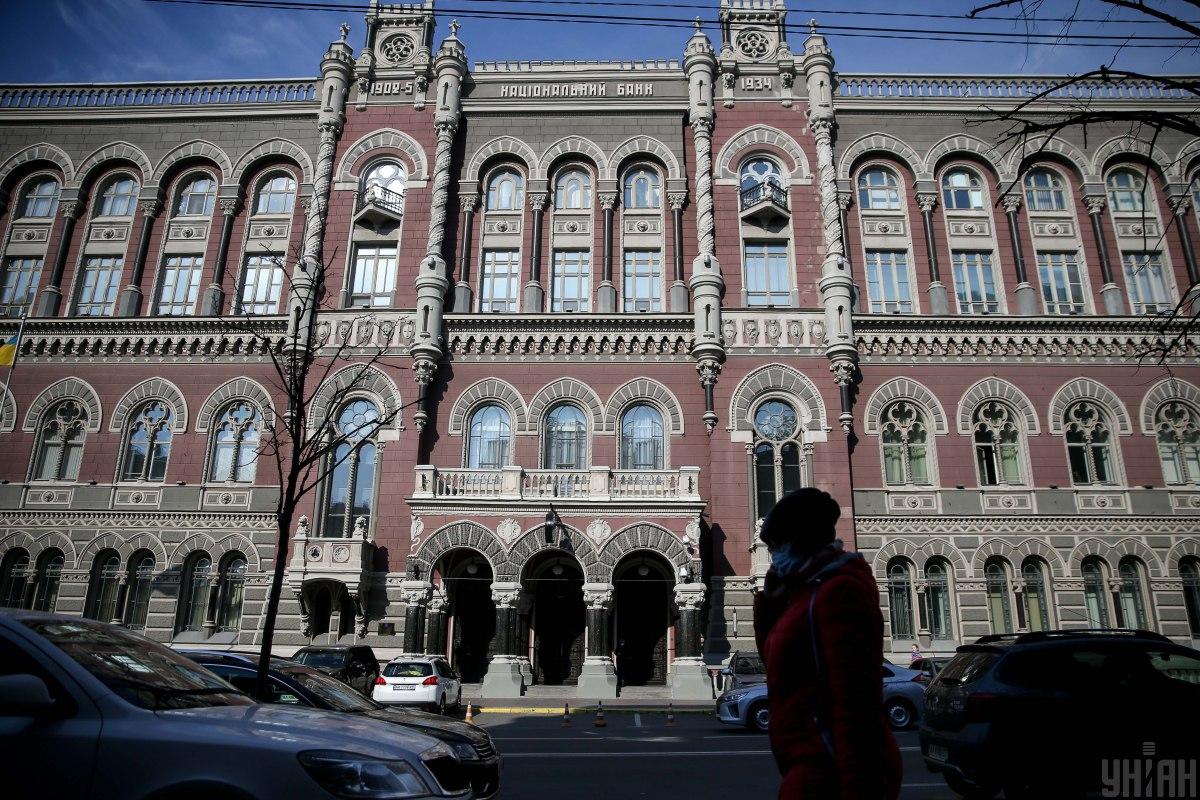
Week's balance: EU allocates EUR 600 mln for Ukraine, Cabinet decides to put country on lockdown in Jan, while inflation goes up
Ukraine received EUR 600 million in macro-financial assistance from the European Union, the Cabinet announced the introduction of lockdown from January 8 to 24, while the State Statistics Service announced the acceleration of inflation – these are the main economic developments of the outgoing week.
Important news for the country's economic and business life was the government's move to introduce tougher lockdown in Ukraine immediately after the New Year and Christmas holidays – from January 8 to 24.
"From January 8 to January 24, 2021, tougher quarantine restrictions will be introduced in Ukraine. Let's call them 'winter break for the sake of safety'. This is done in order to prevent the unfolding of a new powerful wave of morbidity, which may come, in particular, after the New Year holidays," Prime Minister Denys Shmyhal said at a government meeting.
PM says the strengthened quarantine restrictions will break the chain of morbidity that may form during holidays. At the same time, the prime minister noted that they decided not to tighten quarantine in December due to "some positive trends."

The restrictions include shutdown of catering establishments (except for delivery and take-out), entertainment establishments, as well as non-grocery shops.
Arts facilities, gyms, educational facilities, except for kindergartens, will also have to close down in January.
The ban also covers mass events, except those at ski resorts (without catering and sale of alcoholic beverages).
Meanwhile, public transport in Ukraine will operate as usual. Pharmacies, gas stations, veterinary hospitals and car service stations will also be allowed to remain open to customers.
Help from the European Union

In the outgoing week, the European Union delivered good news, allocating the first tranche for Ukraine under the new macro-financial assistance program in the amount of EUR 600 million.
According to the Ministry of Finance, the assistance was provided in the form of a long-term loan at a rate of 0.125% maturing in June 2035.
The Ministry of Finance reported that in order to ensure the tranche, the European Commission placed its own bonds with a negative yield of -0.143%, due to which, after deducting commissions for the issue, Ukraine actually received EUR 623.5 million.
Minister of Finance Serhiy Marchenko noted that the assistance will be aimed at financing the state budget expenditures.
"We are grateful to the European Commission for the support provided, which, of course, is another reflection of the strategic partnership between Ukraine and the European Union. The funds received will be utilized to finance state budget expenditures, which will help maintain financial stability in Ukraine," Marchenko said.
The Ministry of Finance also said that the government is currently continuing to fulfill its obligations to receive the second tranche under the same program, also worth EUR 600 million, through the implementation of structural reforms.
Such support on the part of the EU is extremely important for Ukraine in such a difficult time of crisis. After all, as National Bank Governor Kyrylo Shevchenko said, the recovery of the domestic economy will be slower without cooperation with foreign financial partners.
"Cooperation with the International Monetary Fund remains the foundation for the recovery of the Ukrainian economy. Funding from the IMF and other international partners is critical to delivering scheduled fiscal expenditures. Without this support, the fiscal impulse needed to revive the economy will be much smaller, and the recovery will be slower," Shevchenko said.
He stressed fulfilling obligations under agreements with international creditors will unblock the upcoming tranches. This will in turn help reduce the cost of government borrowing on the domestic and foreign markets.
Inflation on the rise

Last week, the State Statistics Service reported on the acceleration of inflation pace in November. Last month consumer prices rose by 3.8% on year.
Against the previous month, consumer prices in November have increased by 1.3%, and since year-start – by 4.1 percent.
Prices increased most (by 9.4% - 6.3%) for vegetables, sugar, eggs and sunflower oil. The increase in utility tariffs was also significant – by 8%, mainly due to the rising prices for natural gas – by 26.7%.
Commenting on the inflation indicators recorded by the State Statistics Service, the National Bank noted that the rise was higher than the regulator had expected. At the same time, the NBU expects inflation to enter the target range of 5 percent plus or minus 1 percentage point by year-end, and further increase in consumer prices in the coming months.
The NBU reported that the increased cost of natural gas on the European market, which affected domestic prices for gas, heating and hot water supplies, significantly contribute to a higher pace of inflation. In addition, the prices of certain foodstuffs have skyrocketed due to a poorer harvest and the associated rise in global prices.
Lively consumer demand has also supported price increases in recent months, according to the NBU. Rising incomes and worsening expectations, including due to the uncertainty related to quarantine curbs, prompted citizens to spend heavily, as evidenced by growing retail trade. This was also facilitated by the active economic recovery in the second half of 2020.
The National Bank also commented on the impact of "weekend quarantine" on the national economy, which the regulator says was relatively insignificant, although leading to deterioration in business and consumer sentiment.
As for the quarantine restrictions announced by government for January 2021, the National Bank's estimates suggest they will have no significant effect on commercial activity, consumer demand and, accordingly, inflation.
National Bank keeps key rate unchanged

An important event this week was the National Bank's decision to keep its key rate at 6% – for the fourth time in a row.
"The Board of the National Bank made a decision to leave its key rate unchanged at 6% per annum. On the one hand, this does not change the stimulating nature of monetary policy, which is important for economic recovery, and on the other, it will continue to help maintain moderate inflation rates," the NBU said.
The National Bank believes that the key risk for macro-financial stability still include intensification of the coronavirus pandemic and quarantine measures to tackle it, which may lead to a deterioration in consumer sentiment and suppression of domestic demand, which will slow down commercial activity and inflation.
It is noted that further monetary policy of the National Bank will depend primarily on the corona-related developments and inflation risks. In case of rapid stabilization of the epidemic situation, the economy will continue to recover, while moderate acceleration of inflation will come along. The main stimulating tool will include fiscal policy and the expected increase in minimum wage.
At the same time, the National Bank, although it pursuing a soft monetary policy, is ready to respond by raising the key rate to accelerate inflation amid revival of global and national economies.
Next week promises to be no less rich in political and economic news reports. Attention will be drawn to parliament, which will convene on its last plenary week in 2020. Among other things, the Verkhovna Rada is due to pass the law on the 2021 national budget.
Ihor Orel

